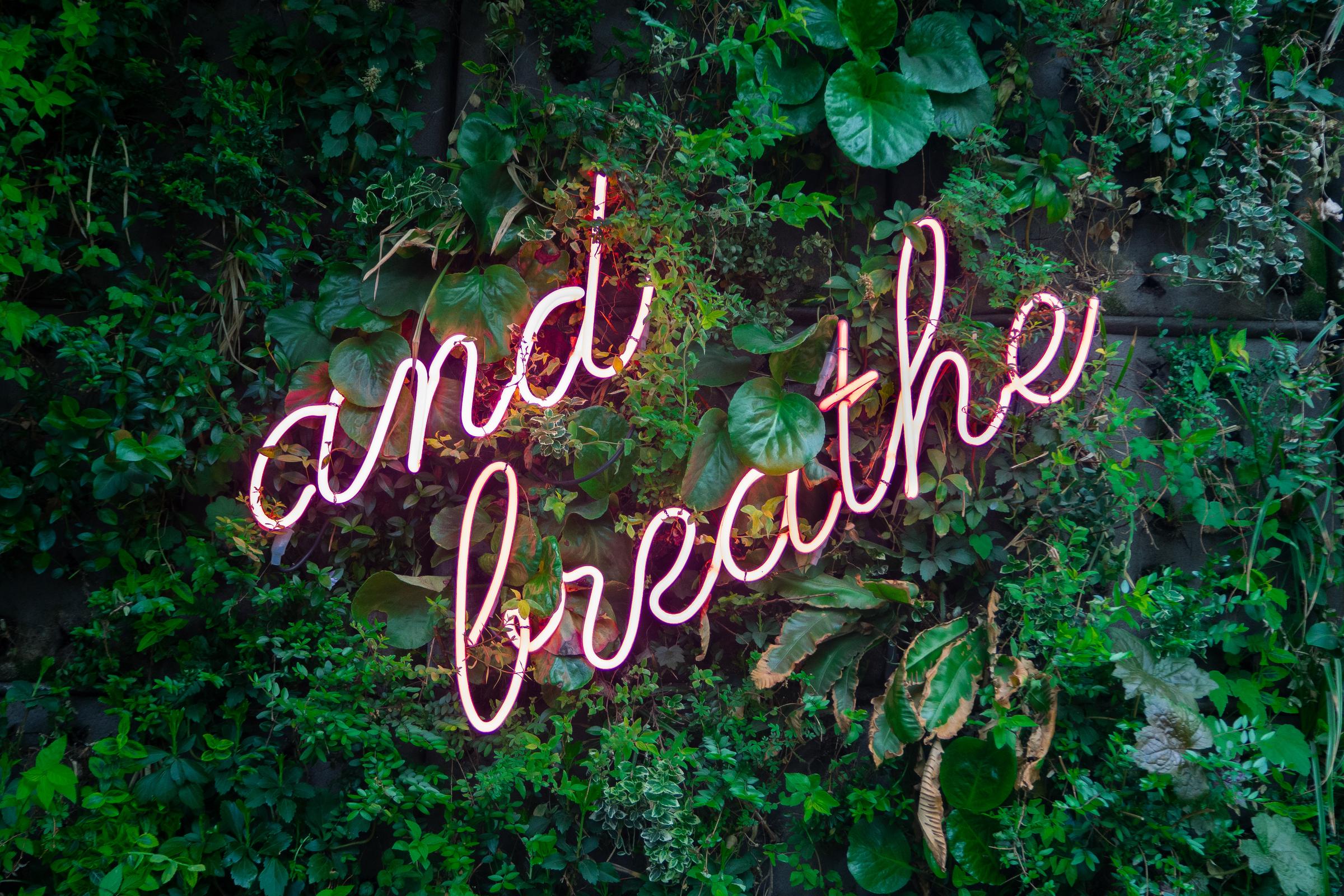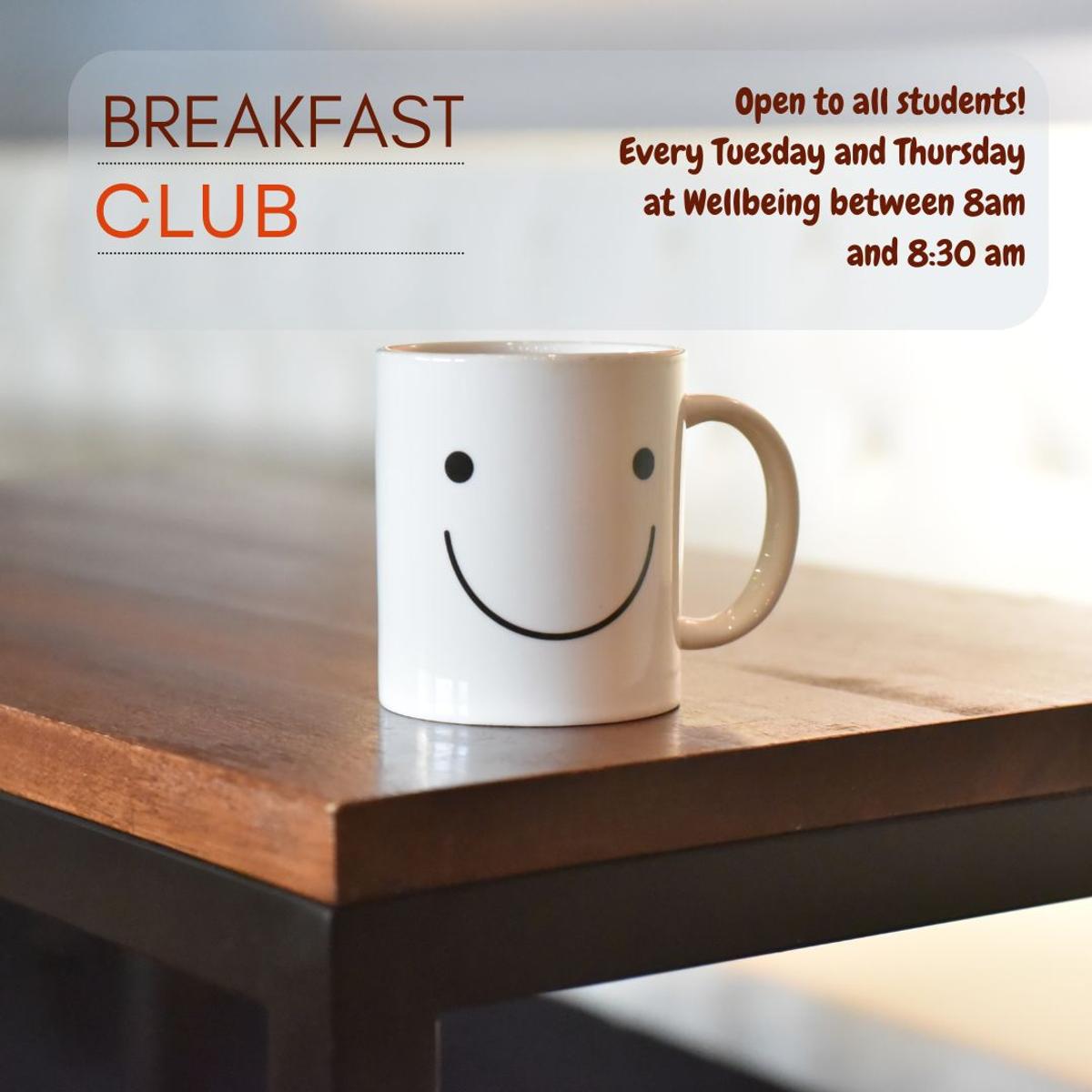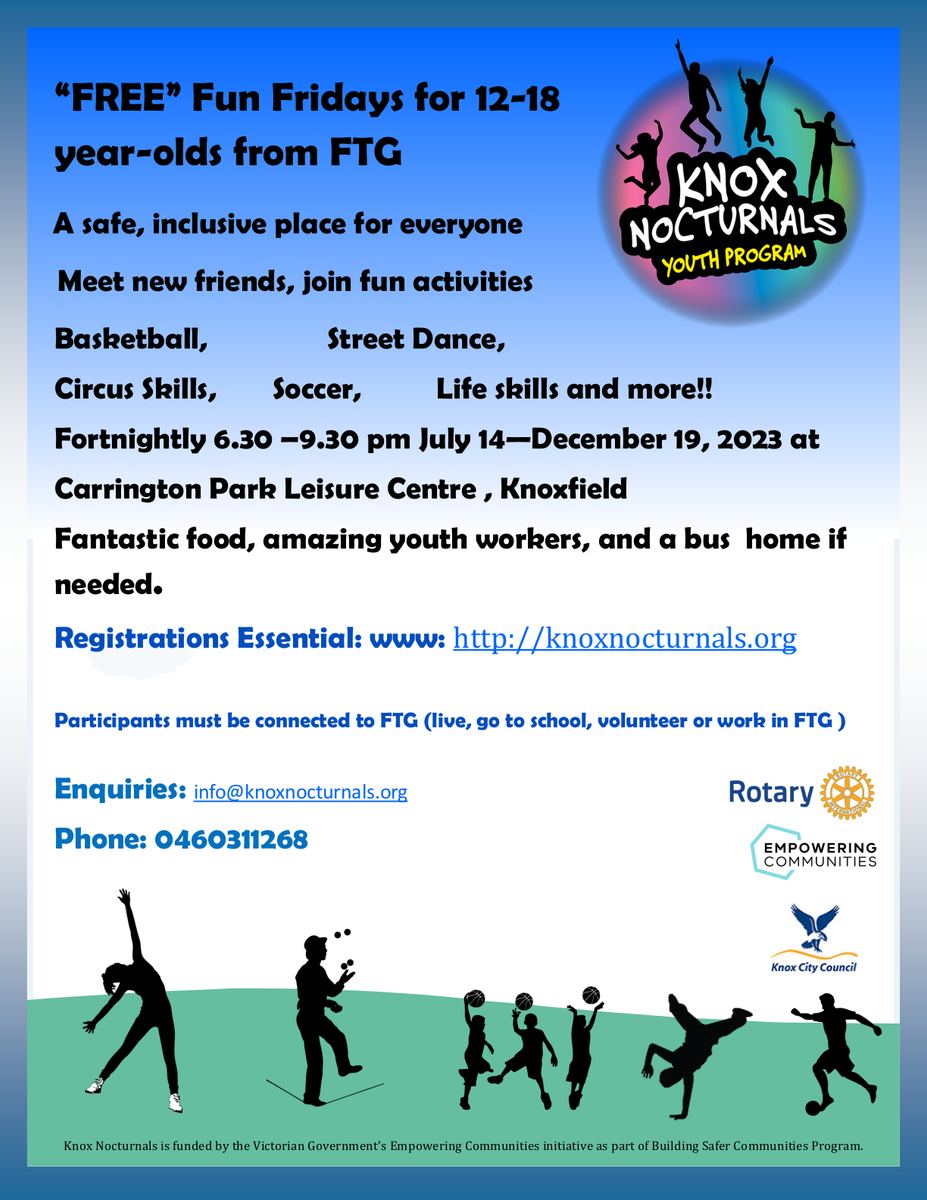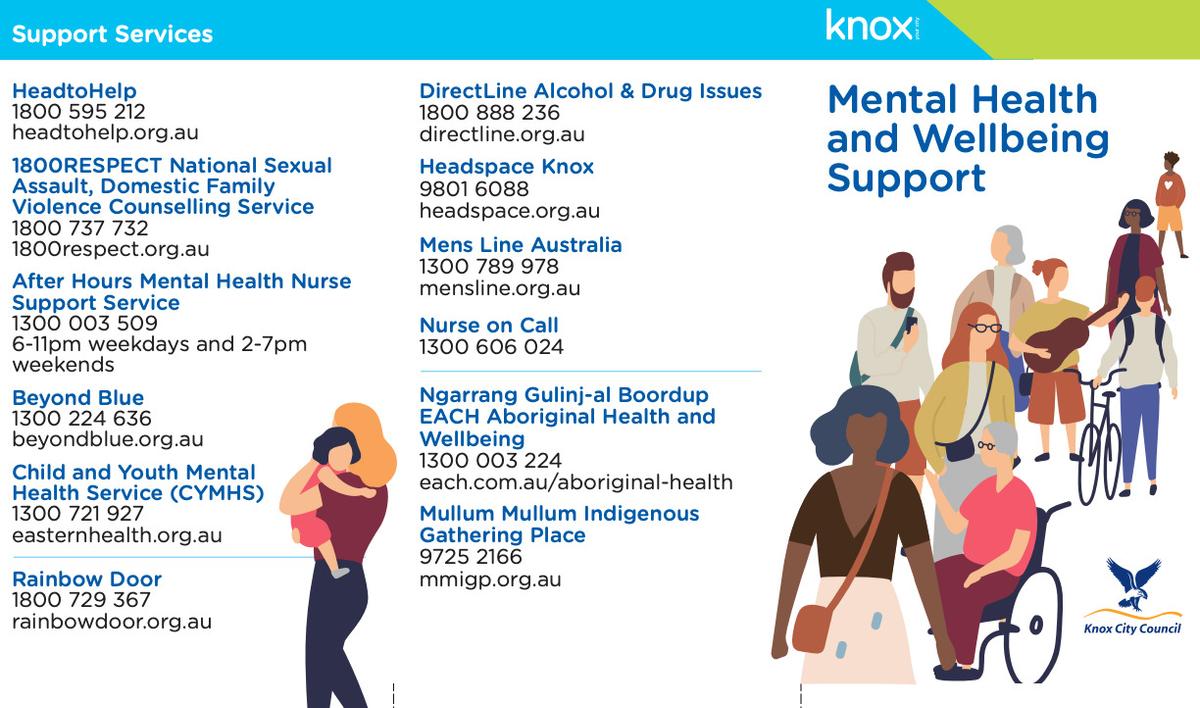Student Wellbeing
Wellbeing

Student Wellbeing
Wellbeing


Breakfast Club is open to all students so please join us 8am - 8:30am Tuesdays and Thursdays at Wellbeing for some free healthy food to start your day!
Social media can be a great platform for staying connected. We can get in contact with friends and loved ones easily, talk to people from the other end of the earth, and see how the people we care about are going. We can join groups of people with similar interests and learn about causes we find important. Ironically, though social media is built for connection it is also a double-edged sword. While it can foster relationships, excessive use of social media can also bring about feelings of isolation, loneliness, sadness or frustration.
Common negative experiences of social media include:
But how do you know if social media is impacting you negatively? Look out for these signs that you’re:
If you feel like social media is affecting you negatively, these are some steps that may help with improving your relationship with social media:
Reducing time online
Studies have shown that using social media as little as thirty minutes less a day can decrease feelings of anxiety, sleep problems, FOMO, and loneliness.
Turning off your phone at specific times of the day
This may include at school, when spending time with friends IRL, when at social events, or when having a meal.
Leaving your electronic devices out of your bedroom when you sleep
This is the perfect time to unwind and let your devices charge. Exceptions to this may include listening to calming music, rain sounds, or brown noise to help sleeping.
Disable push notifications
Applications are designed to “hook” us and compel us to regularly check in with them. Turning off these notifications can help you take control of your focus and personal time.
Pay attention to how often you check your social media
If you feel you compulsively check them, look at weaning yourself off checking by decreasing how often you open them.
Removing or spending a vacation away from social media
If spending time on platforms is significantly causing distress, perhaps consider if you need to disable your account or step away for a day or two.
Take time to focus on relationships IRL
Engage more with friends, family and loved ones. Maybe consider volunteering or joining a club. Social media fills the need of connection. Whether we are highly social or more introverted, everyone can benefit from connection in a way that works for them.
Check out events in your area!
What’s on in Knox: https://www.knox.vic.gov.au/whats-happening/events-activities-and-festivals/events-calendar
What’s on in Whitehorse: https://www.whitehorse.vic.gov.au/whats-happening-whitehorse
YouthConneXions (Box Hill): @youthconnexions
Engage Workshops (Knox): @knoxyouthservices


The Wellbeing Team have compiled a range of resources and support services for students and families to access via Compass under Community (the two people) – School Documentation – For Students/For Parents – Wellbeing Resources.
If you need support over the holidays, here are some handy contacts:


headspace: visit headspace.org.au to find your nearest centre or call headspace on
1800 650 890.
Kids Helpline:
1800 55 1800 or kidshelpline.com.au
ReachOut: reachout.com.au
SANE Australia: 1800 187 263 or sane.org
National 24/7 crisis services
Lifeline:13 11 14 or lifeline.org.au
Suicide Call Back Service: 1300 659 467 or suicidecallbackservice.org.au
beyondblue:
1300 224 636 or beyondblue.org.au
Student Wellbeing Team
Email: wellbeing@wantirnacollege.vic.edu.au
Guiseppe Relia – Wellbeing Coordinator
Talea-Jane Simpson – School Counsellor
Lea Marrison - Mental Health Practitioner
Tajinder Wulff - Mental Health Practitioner